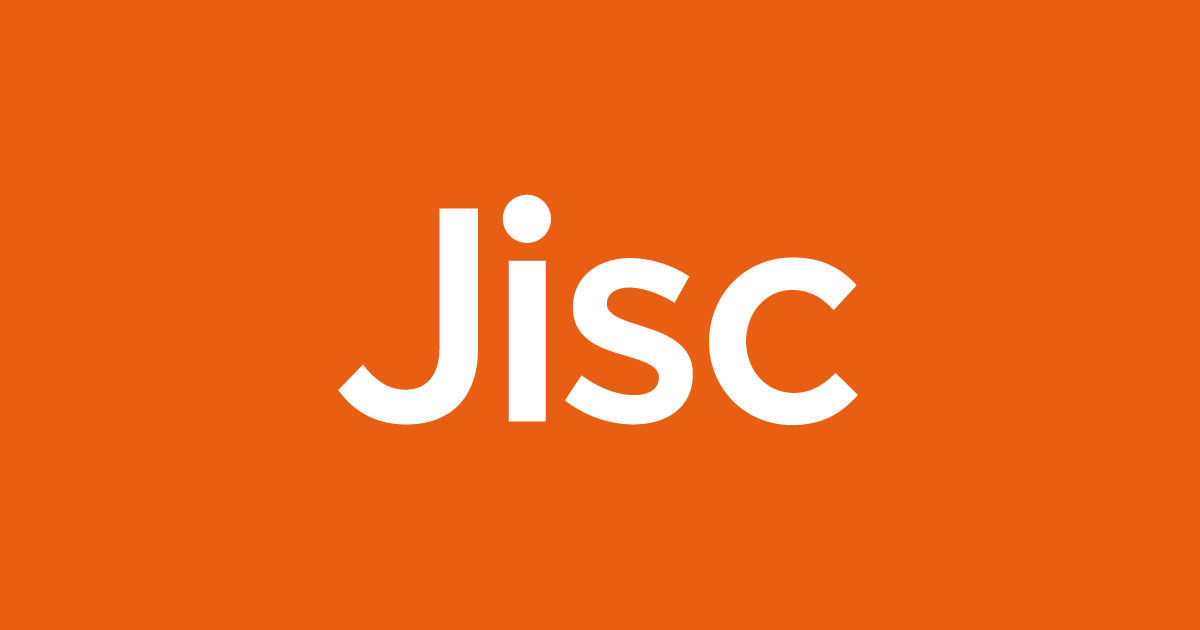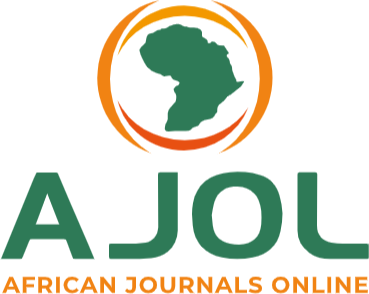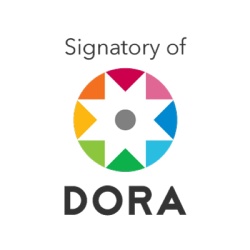Arabic for Effective Business Communication and Marketing Promotion: A Town and Gown Analysis in Nigeria Context
Abstract
This study investigates the feasibility of studying Arabic for business communication and marketing promotion in Nigeria, particularly against the context of growing economic relations with Arabic-speaking nations. Although Arabic is one of the six working languages at the United Nations and of global strategic importance, it is still scarcely used in commercial and educational endeavors in Nigeria. The study used a descriptive survey research design and a standardized questionnaire titled Questionnaire on Arabic for Effective Business Communication and Marketing Promotion (QAEBCMP) to obtain responses from the people of schools and twon of respondents regarding their opinions, perceptions, and attitudes toward the relevance of learning Arabic for business communication. Stratified sampling technique was used to select 30 Arabic lecturers, 60 Arabic students, and 155 business operators in a three universities in Ilorin. The total population made up of 195 respondents. The questionnaire had 30 items, distributed over three parts: lecturers' views on the inclusion of Arabic for Specific Purposes such as Business Arabic in curricula and business education; students' attitudes towards studying Arabic for business and work; and attitudes of traders regarding the application of Arabic for foreign trade and marketing. The tool was face-validated by Arabic education specialists, business communication specialists, and research methodology specialists. A pilot test involving an external sample resulted in Cronbach's Alpha reliability coefficient being 0.78, showing excellent internal consistency. Descriptive statistics of percentage indices and frequencies were applied in the analysis of data.
The findings of the study revealed that That Arabic has commercial significant relevance beyond religious uses and that it should be taught within entrepreneurship education and university curriculum; that Arabic for Specific Purposes (ASP), specifically, Learning Arabic for Business Communication (ABC) enhances employability, entrepreneurship, and international marketing.; and that Arabic has practical value of in strategic business transaction, particularly with Arab suppliers and customers. It reduces dependence on interpreters, generates confidence, and results in improved products.
Consequently, the study recommended that Arabic Language lecturers should be professionally trained on real business materials such as contracts and adverts. Universities should also collaborate with trade associations to offer short-term courses in Arabic to traders and professionals. Government institutions ought to sponsor Arabic-economic empowerment initiatives, especially for trade with the Middle East and North Africa. There should be the creation of business-oriented Arabic study materials textbooks, audiovisuals, and case studies. Simple Arabic Education should also be promoted in the merchants to reduce the employment of interpreters and enhance confidence in business. Lastly, Nigerian trade ministries and missions in Arabic countries should ensure language training programs by making available the latest terminologies and information on culture. Implementation of these recommendations will align Arabic instruction with demand in the market place, enhancing language skills and business success.
Downloads
References
Abdul-Hamid, H. (2020). Teacher education: An instrument for the teaching of Arabic as a second language in Nigeria. In M. M. Jimba, M. A. Adedimeji, M. A. Lawal, & M. S. Abdullahi (Eds.), Language, education and religion for national development (pp. 139–144). Ilorin: Department of Arts Education, University of Ilorin.
Abdul-Hamid, H. (2021). Assessment of communicative competence of Arabic teacher-education students in colleges of education in Oyo State, Nigeria (Unpublished PhD thesis). University of Ilorin.
Abdul-Hamid, H. (2024). Language testing for sustainable development of communicative competence: An input-output framework. In O. Olajuwon (Ed.), Lagos State Journal of Contemporary Studies in Education, 2(2), 125–132.
Abubakar, M. A. (2022). The economic relevance of Arabic branding in Nigerian consumer markets. Journal of Business and Cultural Studies, 9(2), 45–58.
Adedun, E. A. (2012). Effective English for business communication. Lagos: Concept Publications Ltd.
Ahmad Al-Hãshimi, A. (2010). Tãrĩkhul-ʼadabil-ʻarabiy. Cairo: Dãrul-Maʿrĩf.
Ahmed, L., & Suleiman, R. (2022). Language demand and global markets: The case of Arabic in international trade. Global Linguistic Exchange, 14(1), 112–130.
Al-Hassan, S. M. (2020). Arabic language and international relations: Relevance and prospects. International Journal of Language and Diplomacy, 5(3), 71–85.
Al-Said, F. A. (2018). Cultural semiotics in branding: The power of Arabic in marketing to Muslim consumers. Middle Eastern Marketing Review, 6(1), 88–104.
Bello, A. M. (2023). Language practices among Saudi goods traders in Nigeria: Opportunities and limitations. Journal of African Multilingual Commerce, 11(3), 129–143.
Bipin, B. D. (2022). Significance of globalization and English language. International Journal on Studies in English Language and Literature. https://doi.org/10.20431/2347-3134.1005002
Chomsky, N. (1965). Aspects of the theory of syntax. Cambridge, MA: MIT Press.
Durst-Andersen, P. (2023). Language, culture and society: Modality, face and societal logic. Globe: A Journal of Language, Culture and Communication, 17, 83–93. https://doi.org/10.54337/ojs.globe.v17i.8201
Halliday, M. A. K. (2007). Language and education. London: The Tower Building.
Khan, N. M. (2019). Arabic as a strategic language in international business communication. International Journal of Business Linguistics, 8(2), 55–67.
Mangal, S. K., & Mangal, U. (2014). Essential educational technology. New Delhi: PHI Learning Private Limited.
Musa, A., & Adegbite, S. (2020). Communication barriers in Arab-African trade: A Nigerian perspective. African Journal of Business and Linguistic Studies, 7(1), 101–116.
Omar, B. S. (2021). Arabic for specific purposes (ASP): Curriculum reforms for economic development. Journal of Arabic Language Education and Pedagogy, 13(2), 76–93.
Racquel, M. (2013). The value of foreign languages in business communication. ScholarArchive @ JWU. https://scholarsarchive.jwu.edu
Susan, J. D. (2009). What business wants: Language needs in the 21st century. The Language Flagship. http://www.thelanguageflagship.org
The British Council. (2017). Languages for the future. https://www.britishcouncil.org
UNESCO. (2021). Arabic language in the 21st century: Cultural and economic roles. Paris: UNESCO Publications.

This work is licensed under a Creative Commons Attribution-NonCommercial 4.0 International License.





















